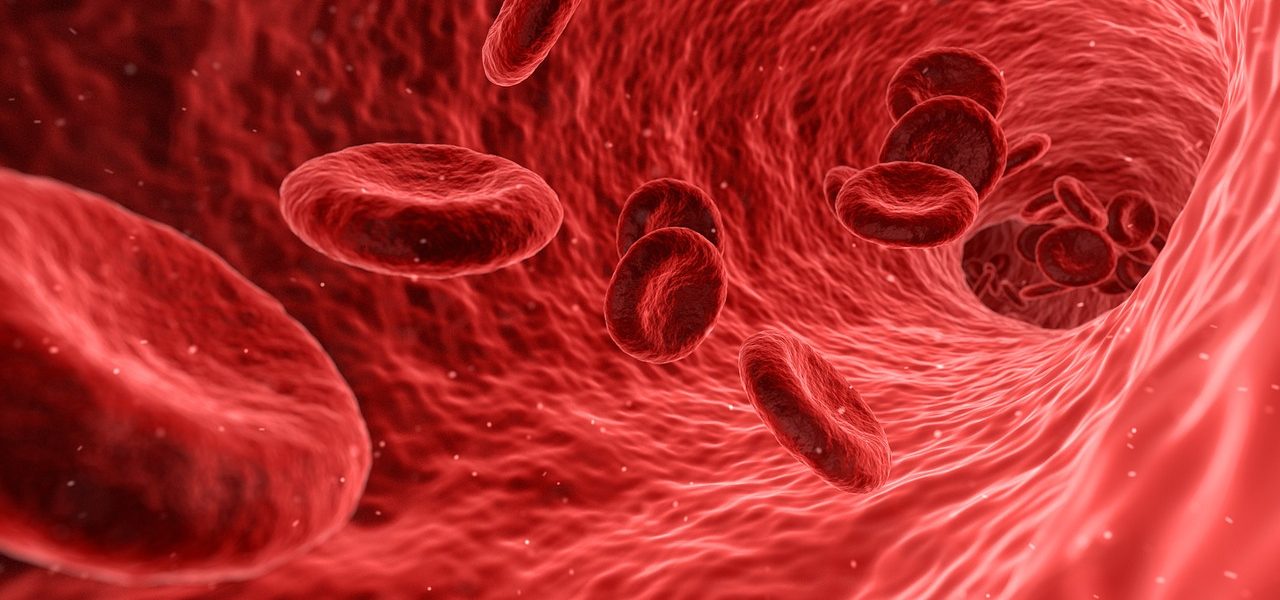How is Anemia Diagnosed?
It’s easy to chalk fatigue up to poor sleep, stress or the constant hustle and bustle of daily life. Sometimes though, fatigue can have an underlying medical cause: anemia. This common blood disorder is responsible for fatigue, lightheadedness and a host of other unpleasant symptoms. Because these symptoms often overlap with other medical diagnoses, it’s important to make sure that you receive the right diagnosis from a doctor. How is anemia diagnosed?
Anemia is a disorder of the red blood cells. Red blood cells contain a protein called hemoglobin, which attaches oxygen to the red blood cell so it can be carried to organs and tissues throughout the body. There are many types of anemia, but all are caused by a low red blood cell count or low hemoglobin count. Without enough red blood cells, or without enough hemoglobin, the body doesn’t receive enough oxygen to perform at peak function.
Anemia presents as fatigue, a feeling of weakness or shakiness, dizziness or shortness of breath, and even cold hands. Anemia can also cause pale skin, headaches or an irregular heartbeat. Although anemia can be mild enough to brush off the symptoms as an inconvenience, anemia can worsen if left untreated. Severe anemia can turn into fatigue that interferes with daily activities, complications in pregnancy and heart problems. Because anemia can cause more serious health concerns, it’s important to get diagnosed with anemia early so it can be treated.
How is anemia diagnosed? After discussing your symptoms and relevant family history (anemia can have a genetic component), your doctor will order a Complete Blood Count blood draw. This lab work will check for red blood cell count, hemoglobin levels and iron levels.
Depending on the results, your doctor will create a treatment plan for your anemia. Treatment depends on the underlying cause; iron or vitamin-deficient anemia can be treated through dietary changes, vitamin shots or supplements tailored to your blood levels. Anemia that is tied to chronic conditions such as autoimmune disorders is viewed as a symptom of those diseases, so the disease is treated first. Other types of anemia may require blood transfusions.
If you’ve noticed that you’re more tired than usual, or suddenly find yourself feeling weak or off, it’s important to visit your doctor right away to be tested for anemia. While anemia is often very responsive to treatment, it is not wise to attempt self-treatment at home without identifying the underlying cause or source of deficiency. Anemia can be a sign of a more serious health problem, so don’t delay in seeking care under the guidance of your doctor.
At Westgate Family Physicians, our caring doctors and in-house lab team will work with you to quickly diagnose, treat, and monitor your anemia. Call (864) 574-0070 to schedule an appointment today.

